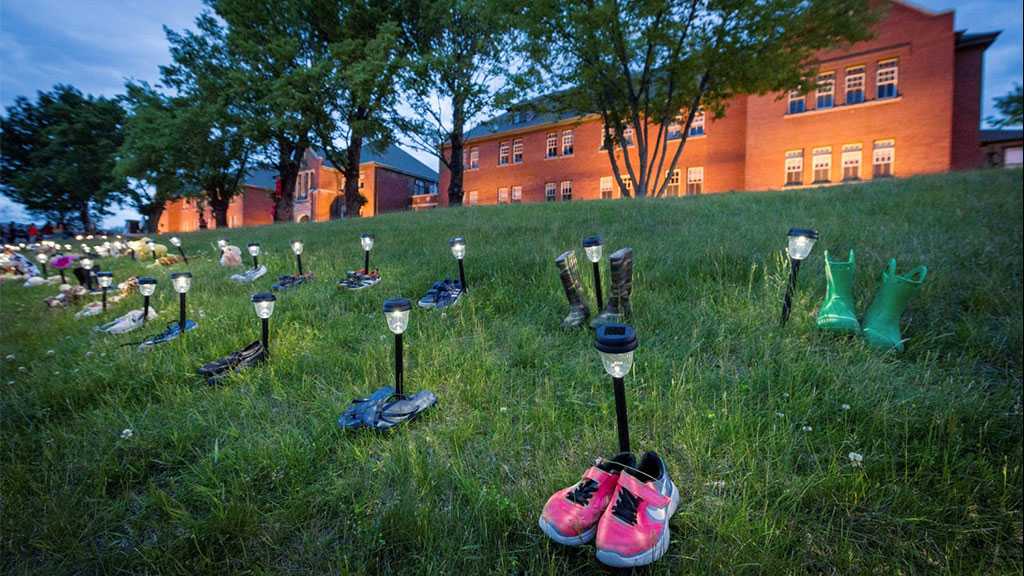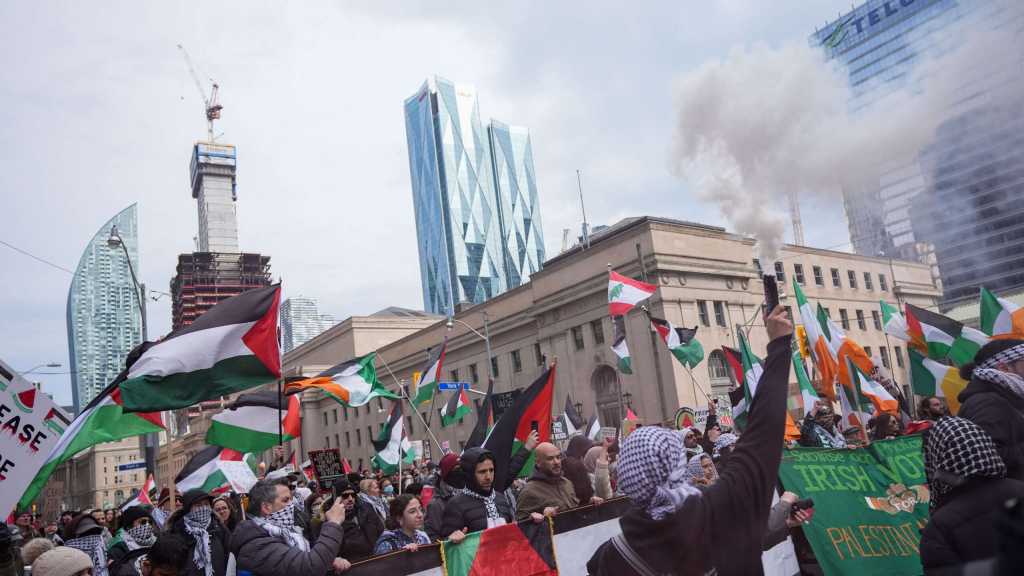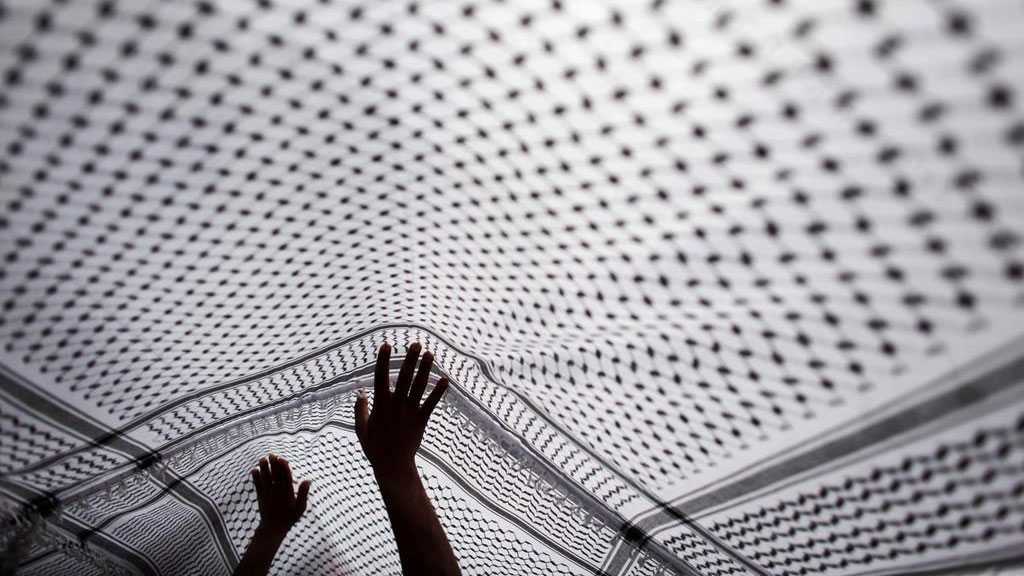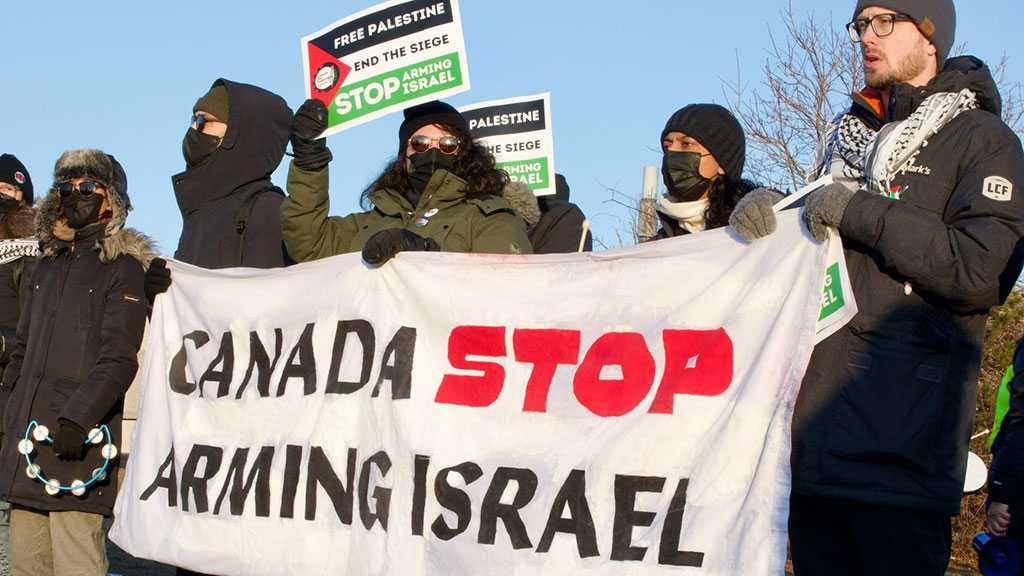UK Faces Backlash after Unmarked Indigenous Graves Discovered In Canada

By Staff, Agencies
The United Kingdom is facing growing calls to re-examine the troubling legacy of its colonial history in Canada after the discovery of more than 1,000 unmarked graves at former residential schools for Indigenous children.
At least 150,000 Indigenous children were forced to attend such church-run schools as part of the campaign to strip them of their cultural identity, and amid anger over Catholic Church’s role in operating the institutions, churches across the country have been set on fire.
But activists have also pointed the finger at Canada’s colonial ruler, demanding greater recognition of the British Empire’s role in establishing policies that aimed to erase Indigenous culture, and a system whose effects are still felt today.
Last week, protesters toppled statues of Queen Victoria and Elizabeth II, and another – of the explorer James Cook – was hurled into the sea.
“The wresting of lands away from Indigenous peoples was permissible because it was done in the name of the British Empire,” said Sean Carleton, a professor of Canadian and Indigenous history at the University of Manitoba. “And so statues and street names in the country have become targeted because they are symbols of that legitimacy.”
Countries that enslaved people and dispossessed Indigenous nations have in recent years been forced to reassess legacy figures once held up as national heroes.
In the United States, more than one hundred statues have been removed, of Confederate generals and explorers such as Christopher Columbus. In the United Kingdom, statues of the slave traders Edward Colston and Robert Milligan have been torn down.
Comments
- Related News




